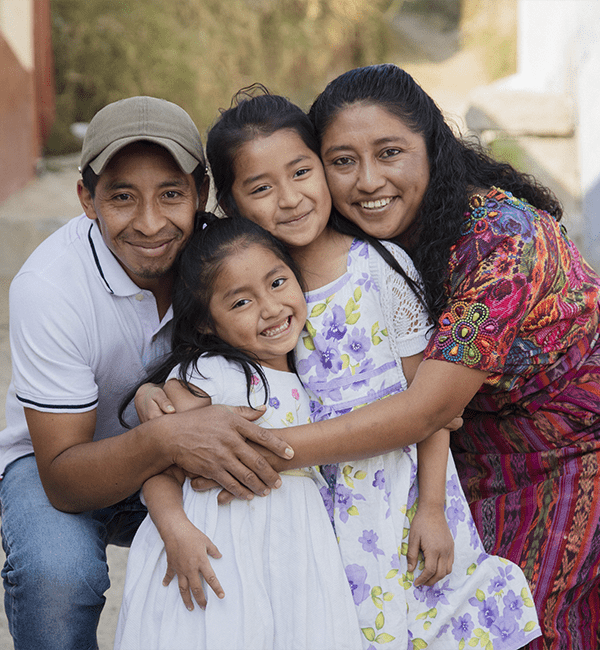The immigration landscape in the United States is complicated for both newly arrived families with young children, and the early childhood workers assisting them. It’s becoming increasingly clear that just as incoming families need support, so do our home visitors, early interventionists, school social workers, case managers, early childhood providers, and the list goes on. The frontline individuals working face-to-face with immigrant parents and children are foundational to the system. Yet, few resources are available to support their knowledge and practice with immigrant and refugee families. It’s time that changed.
Early childhood workers supporting immigrant families can benefit from better understanding the history of the immigration and enforcement system, which is always evolving. However, the 21st century has brought big changes. The Migration Policy Institute states, “The United States is in the midst of an historic period in its immigration history, facing a changing composition of the immigrant population, pandemic-related pent-up demand for permanent and temporary visas resulting in extensive backlogs, record pressure at the U.S.-Mexico border, and somewhat decreasing public support for expanded immigration.”1 Understanding the unique stressors affecting immigrant families at this point in time can help early childhood workers better address the challenges they can face in serving this population.
When immigrant families and their young children arrive in the U.S., they face myriad points of tension. A harrowing journey that brought them here may result in lasting emotional trauma. There is the real and present fear of deportation. Many have been separated from their families without knowing when or if they will be reunited. Young children are in new schools where they may not understand the language being spoken. Their families may not have stable housing. All these factors have serious implications for the families’ mental wellbeing.
All early childhood workers need training and tools to help them respond to historical, immigration and intergenerational traumas. Drawing on a deep body of child development research and contemporary case studies, Erikson’s Center for Children and Families has created a training, “Supporting Immigrant Families” (SIF) that specifically focuses on immigration-related mental health needs of families with young children and the workers who support them. The workshop includes case-based learning to highlight clinical considerations, and a panel presentation on policy and services.
Early childhood workers cannot effectively assist families with young children if their own wellbeing is suffering from stress. Like the families they help, early childhood workers are also facing myriad points of tension. What can be done to reduce vicarious trauma after hearing so many troubling stories? What about compassion fatigue and burnout? SIF training provides tools and techniques to help, presented with a focus on reflective practice, where individuals learn how to better understand their own experiences and how to manage their own reactions as they do the challenging work of helping others.
Every day, people who are serving and supporting immigrant families are doing truly valuable and important work. They deserve support, too.
We invite you to join us on March 22.
Learn more about our one-day workshop “Supporting Immigrant Families: A historical-, sociopolitical-, trauma-, and diversity-informed framework for early childhood workers.”
Source:
1 “Frequently Requested Statistics on Immigrants and Immigration in the United States”, Migration Policy Institute, Authors: Nicole Ward and Jeanne Batalova, 2023 https://www.migrationpolicy.org/article/frequently-requested-statistics-immigrants-and-immigration-united-states

Join the Erikson family with monthly news + events updates shared by academics, community members, and families.